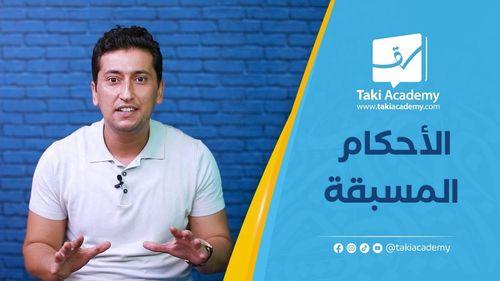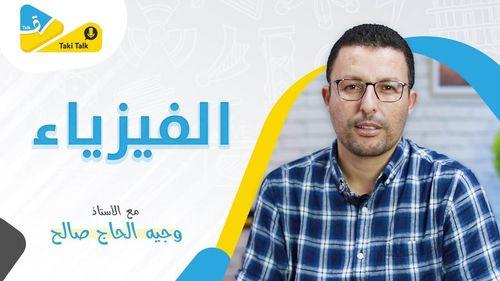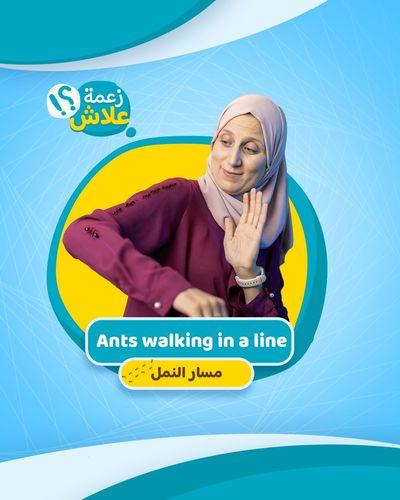Is learning English hard
English common misconceptions
That's what goes through a student's mind whenever they face the difficulty of learning English or intend to. They question the utility of learning another language in addition to Arabic and French, wondering how it will help.
So if you have these questions, come closer—I'll tell you a universal secret about why this language might be useful and how it will help you.
The universal language
Talking numbers, about 360 million people are native English speakers. It is the official language of 67 countries and 27 non-sovereign entities. Additionally, 138 countries use English as a second language, and 40 others use it as an optional language, including Tunisia. Last but not least, 1.7 billion people speak English.
What does this mean for you? You should be concerned about not being able to communicate with at least 360 million people in this world, plus those who use English as a second language. To make it clearer, if you want to:
- Travel
- Be an exchange student or have an international degree
- Work at an international level
- Conduct research in any field
- Create or expand an international business
- Stay updated with technology
- Build international relationships
- Even do simple things such as gaming
...you will need some basic level of English.
Small steps
So you can run, but you can't hide. Don't waste time convincing yourself otherwise. English is not that hard to learn. Make it a short-term goal, improve gradually, and be certain that these tips will help you.
Start by avoiding all the common misconceptions about learning related to age, time requirements, accent, needing a conversation partner, and other myths.
"English has never been easier" is not just a slogan; it's a fact. Believe in it. Dear student, you've been under humanity's first illusion: the fear of the unknown. You don’t know English, so you've convinced yourself that it's hard. Arabic is the hardest language to learn, Mandarin as well, and we can add French. Those are facts.
English grammar is less complex compared to those languages
Old Vs Young learning abilitys
If you truly believe that being older will ever stop you from learning new things, dear, you are terribly wrong. The ability to learn may regress as we get older, but we always find a way to compensate. As an older person, you can try harder than younger ones, with more determination and commitment. While younger people might be restricted to one or two resources, you have all the resources in the world through a screen with a single click.
English Accent
Accent is the biggest bluff you can convince yourself of. English accents vary widely. In the UK, for example, you can find 40 different accents, with the most common being the Indian English accent. So, dear new English learner, don't let this confuse you. You’ll develop an accent of your own when the time comes. I personally like the English-French accent.
Conversations in English
Having conversations in English can improve your pronunciation and give you a sense of joy due to the learning progress you’ve made. But conversation can happen with or without the help of another person. You can practice with the mirror, and there are even apps that arrange calls between you and a stranger who also wants to practice English.
English , arabic & French
Let's end this delusion of the unknown by assuring you that French and English have so much in common. There are words that you know in French that exist with the same meaning in English, as well as Arabic_eye widening in disbelief_ I bet you didn’t know all of this. So, I’ll break this down for you: alcohol, cotton, lemon, sugar, Algorithms, safari… We can continue listening but I’ll need a cup of “tea”! Actually, tea isn't an Arabic word;
It’s Chinese. So, dear learner, you already know a bit about the English language, and I'm sure you are native in Arabic. All you need to do now is learn more and discover for yourself that English has never been easier.

























